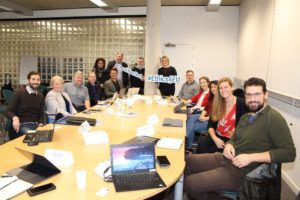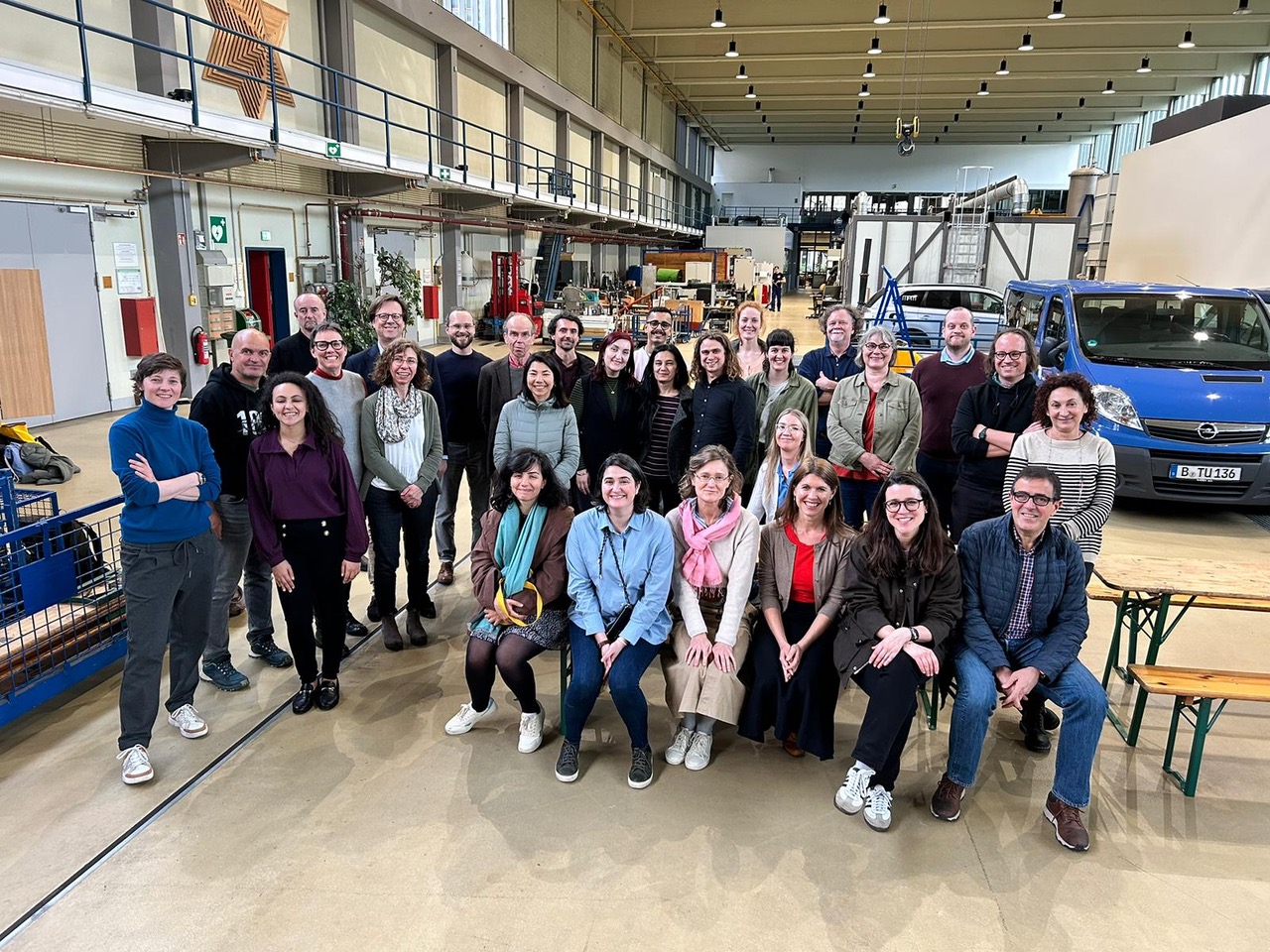Democracy in Engineering Education The underlying question "Crocodile or Octopus?" was not properly answered during…
The dynamic world of digital ethics
“Things are changing so fast that there are so many ethics issues emerging in computer science: how data mining is used, AI, cybersecurity, algorithmic decisions, or privacy. That was the motivation” says Dympna O’Sullivan of TU Dublin, describing the background to the project Ethics4EU. “Getting beyond just ‘professional and legal issues’ and giving students a genuine understanding of ethics”.
The project, funded under the Erasmus+ programme, is an international collaboration led by O’Sullivan in Ireland and involving teams from universities in France, Sweden, Italy as well as Informatics Europe in Switzerland. “Where ethics for ICT is taught at all, it is often taught as a standalone subject with little domain context, often by non-ICT professionals. This can lead to disinterest from students. But the ethics issues in ICT are huge and often unanticipated”.
 “We need to think about what goes into the process as well as what goes out, adds Damian Gordon, O’Sullivan’s colleague at TU Dublin. “Take the environmental impact of data. Within the next decade, data centres will consume about 30% of Ireland’s electricity. That is not something that our students are really thinking about”. Helping to raise students’ awareness of the unintended uses and unintended consequences of their work is central to the goals of the project.
“We need to think about what goes into the process as well as what goes out, adds Damian Gordon, O’Sullivan’s colleague at TU Dublin. “Take the environmental impact of data. Within the next decade, data centres will consume about 30% of Ireland’s electricity. That is not something that our students are really thinking about”. Helping to raise students’ awareness of the unintended uses and unintended consequences of their work is central to the goals of the project.
Activities on the project are organised under three themes. First, the team is carrying out a Europe-wide study on ethics provision in computer engineering programmes. A survey has been sent to computer science faculties across the continent with a view to developing a better understanding of what is currently being taught and how. Secondly, the team plans to develop a repository for reusable learning objects. One particular focus of these resources is that they will aim to integrate ethics content into technical courses in computer science rather than treating it as a stand-alone topic. A premium will be placed on the use of active learning methods and approaches which allow the student to take the perspective of and develop empathy for, those affected by their work. Thirdly, the project aims to develop a community of practice in computer science ethics education in Europe. “The ethics issues in computer science are very dynamic at the moment – as technology changes so do the concerns which arise”, says O’Sullivan. “We need to have a strong community to be able to respond in this dynamic environment”.
Further details on the Ethics4EU project can be found on the project website www.ethics4eu.eu , or using the projects hashtags, ‘#Ethics4EU’ and ‘#CheckYourTech’, or using the project handle ‘@Ethics4EU’ on Twitter. The photo is from the first international meeting of the Ethics4EU project.

